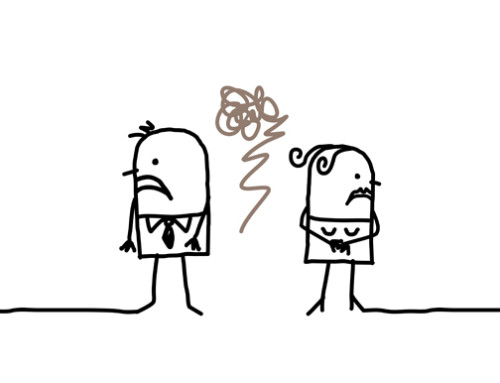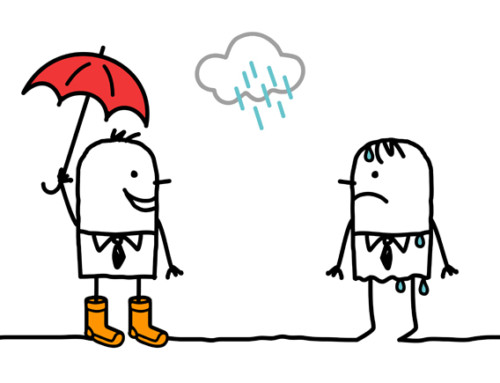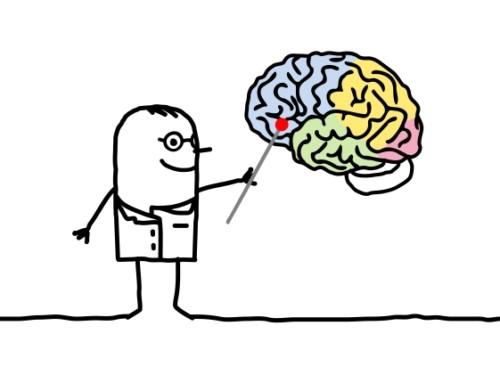In this article, I discuss how my life improved after reading four self-help books because of the change in perspective which each book sparked in me.
One of the reasons I knew that psychology was the right career for me was how much I loved reading psychology or ‘self-help’ books throughout my life. Over the years, I’ve read many such books for enjoyment, to enhance my well-being and eventually to help my clients address their issues. Among the many self-help books I’ve read, there is a short list which have had the most positive influence on me and my work as a Calgary psychologist and a Cochrane psychologist. In the following sections, I would like to share with you the titles of these books, a brief description of each and how they’ve impacted on my life and the lives of my clients in such as significant positive way.
Your Erroneous Zones by Dr. Wayne Dyer
This was the book which sparked my interest in psychology and ultimately in cognitive behavioural therapy (CBT). Written back in 1976 by the recently deceased Dr. Dyer, it focuses on changing how you feel by changing the way you think. I was 15 years old when Your Erroneous Zones was published.
Reading this book marked the first time I encountered the remarkable notion that events do not cause us to be emotionally upset. Rather, it is our interpretations of events which determine our emotional reactions. Dr. Dyer provided many vivid examples of how we can lessen the negative effects of events on us by changing the way we think about these events. I was particularly struck by Dr. Dyer’s contention that we can be less bothered by judgments and criticisms by changing our thinking in response to these negative evaluations.
Mind over Mood by Drs. Dennis Greenberger and Christine Padesky
If Your Erroneous Zones pointed me in the direction of becoming a psychologist specializing in CBT, Mind over Mood was the clinching factor. I came across this book during a supervised practicum during my training to become a psychologist. At the time, my friend the late psychologist Dr. Raymond Scott was using this book as part of his pioneering dissertation research which focused on using CBT in group therapy to help people in depression counselling. Dr. Scott invited me to become involved in his research by watching group sessions on video and reporting my observations to him.
I was able to see first-hand the powerful effects of people changing their thinking to address a serious issue like depression. The clients did so primarily by Dr. Scott helping them to become proficient in using thought records, a fundamental CBT technique featured in Mind over Mood which I have used regularly ever since to help me and my clients feel better emotionally.
When bad things happen to good people by Harold Kushner
This book by Rabbi Kushner changed my view of spirituality and God by helping me to address some key concerns which were interfering with my ability to believe in a higher power. My concerns included how an all-powerful God can allow so much misery and suffering without intervening. This was a particular concern of mine because I had long been given the message while attending Catholic mass that we should pray to God to intervene in such instances and thank him for doing so when he supposedly does intervene.
The difficulty I had with this message is that there were many instances in which people were suffering and did not have their difficulties alleviated. This led me to wonder how an all-powerful and caring God could intervene in one instance to alleviate suffering and not in another instance in which the suffering was at the same or greater level. Rabbi Kushner, whose idea for the book arose from the personal tragedy of watching his son suffer and pass away in his early teens, posited that suffering occurs as part of life and that God does not intervene to either cause suffering or alleviate it.
But if we accept that God does not intervene to help people or alleviate suffering, what value is there in God? Dr. Kushner proposed an answer which worked for him and works for me: Although God does not intervene to prevent or remove events which cause us to suffer, he gives us the courage, strength and perseverance to cope with these events and the suffering they bring. Since reading Rabbi Kushner’s book, my praying has focused on asking God for this courage, strength and perseverance rather than on asking him to prevent and alleviate suffering in my life and the lives of others. This practice has helped me to persevere through many challenges and struggles.
The Secret by Rhonda Byrne
This book helped me to refine my view of how to change thinking to improve mood by discussing the Law of Attraction: We attract to us whatever we are thinking about. So if you focus in your thoughts on what is going wrong in your life, this will attract more of the same. In contrast, if you focus on how you would like things to be, you will attract this better result into your life.
The Law of Attraction made sense to me because it fit with my knowledge of the power of expectations—that if we expect a result we will tend to bring about that result by acting on our expectations through a self-fulfilling prophecy. So although as a CBT psychologist I believe in the power of identifying negatively distorted thoughts in order to change them to balanced positive thoughts, I also endorse the message from The Secret that we should spend most of our time focusing on positive thoughts and images of how we would like things to be.
Each of these best-selling books has had a significant positive impact on my life. I highly recommend them and hope that if you read them they will have a similar positive influence on your life.
May the books you read take your life to a new level,
Dr. Pat







Leave A Comment